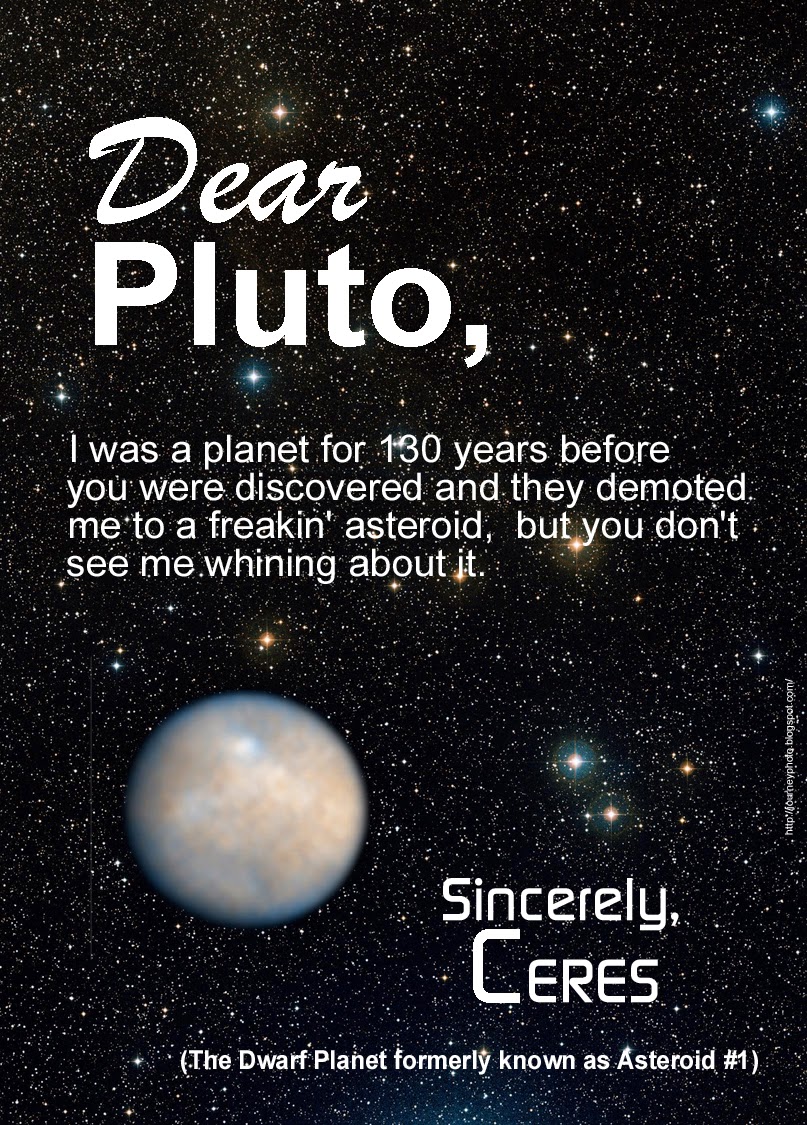JUPITERASC
Well-known member
The roots go deep, and are firmly established;
roots require ground

The roots go deep, and are firmly established;

the branches spread wide and explore new possibilities.

Both are necessary, and both are going strong.

Arguing keeps the tree-sap flowing between the roots and branches,
which is necessary to the life of the tree.
No harm in having fun with the process, or in being serious about it./


roots require ground

QuiteI don't know for certain,
???????????????????????"visible planets" Jupiter Ascending,
Quite
but it looks to me
erudite member dr. farr has not posted for some time("Age of Aquarius" david starling)

that you're implying
there's more to consider
than what meets the eye!


The issue isYour post of the iceberg-like question-mark illustrates that lack of readily-apparent visibility doesn't necessarily preclude unseen yet influential existence.
That runs counter to your often repeated assertion that only the readily-apparent Planets,
those that can be seen and identified as "wanderers" using only naked-eye vision,
can possibly be considered to have Astrological import of any kind.

QuiteRegarding the Astrological Ages, I've been attempting to explain (apparently unsuccessfully)
that knowing the location of the ayanamsa and its rate of movement relative to the constellations
is not the real issue regarding when the Siderealists believe the Aquarian Age began or will begin.
But, that's not what this Thread's about.
The issue is
that a dwarf planet
noticed circa 1930
was erroneously trumpeted as being a planet
and was for that reason
erroneaously deemed also an astrological planet
Quite
 &
& ) BEFORE Astronomers declassified it as an ASTRONOMICALLY defined "planet", in the modern sense. As for Modern Astrologers, they have no Astrological necessity to declassify it as an ASTROLOGICALLY defined planet, since naked-eye recognition and the Essential Dignities aren't part of the Modern schemata. Neither is the Astronomers' assertion that,
) BEFORE Astronomers declassified it as an ASTRONOMICALLY defined "planet", in the modern sense. As for Modern Astrologers, they have no Astrological necessity to declassify it as an ASTROLOGICALLY defined planet, since naked-eye recognition and the Essential Dignities aren't part of the Modern schemata. Neither is the Astronomers' assertion that, No. The only reasons Traditional Astrologers reject Pluto as an Astrologically influencial Planet is that it's invisible using naked-eye vision, and that its inclusion would disrupt the the Essential Dignities. Otherwise, it would have been included (along with&
) BEFORE Astronomers declassified it as an ASTRONOMICALLY defined "planet". As for Modern Astrologers, they have no Astrological necessity to declassify it as an ASTROLOGICALLY defined planet, since naked-eye recognition and the Essential Dignities aren't part of the Modern schemata. Neither is the Astronomers' assertion that,
in order to be classified as a non-dwarf planet, a small planet like Pluto must have "cleared its own orbit".
No. The only reasons Traditional Astrologers reject Pluto as an Astrologically influencial Planet
is that it's invisible using naked-eye vision, and that its inclusion would disrupt the the Essential Dignities.
Otherwise, it would have been included (along with&
) BEFORE
Astronomers declassified it as an ASTRONOMICALLY defined "planet".
As for Modern Astrologers, they have no Astrological necessity to declassify it as an ASTROLOGICALLY
defined planet, since naked-eye recognition and the Essential Dignities aren't part of the Modern schemata.
Neither is the Astronomers' assertion that,
in order to be classified as a non-dwarf planet,
a small planet like Pluto must have "cleared its own orbit".

So you do believe in Uranus and Neptune O:

prior to being noticed 1930
a without-artificial-aids-to-vision-dwarf-planet was unseen
then
was erroneously
trumpeted as a planet by astronomers
and for that reason
modern astrologers erroneously assumed that
the dwarf planet was also an astrological planet
Assuming you mean do I use their lines of Celestial Longitude as important Chart indicators, yes, along with Pluto's--when I'm up in the branches.
Why should a Modern Astrologer care whether or not Pluto has "cleared its own orbit",
or that Astronomers have reclassified it as a "dwarf" planet?
Small or not, it's still an "Astrological Planet"
in the Modern Astrological sense.
Nothing erroneous about it in the context of Modern Astrology.

a dwarf planet was noticed in 1930 by Astronomers
and only THEN
was suddenly "in the context of Modern Astrology"
because of
its branding
as an ASTRONOMICAL planet
since then
that dwarf planet has been unamasked
as NOT a planet
Too late! Like it or not, Pluto has already proven itself as an important Chart-factor to most Modern Astrologers. Ceres, on the other hand, although discovered much earlier than Pluto, not so much.
a dwarf planet was noticed in 1930 by Astronomers
and only THEN
was suddenly "in the context of Modern Astrology"
because of
its branding
as an ASTRONOMICAL planet
since then
that dwarf planet has been unamasked
as NOT a planet

SIMILARLY with the first four asteroids
so many more were discovered that
it was clear they were not planets
as a consequence
"astrological information" about them
began to taper off
to where now they are basically a niche subject.
five recognized dwarf planets are
Ceres, Pluto, Eris, Makemake and Haumea.
Scientists believe there may be dozens
or even more than 100 dwarf planets awaiting discovery
Too late!
Like it or not, Pluto has already proven itself as an important Chart-factor to most Modern Astrologers.
Ceres, on the other hand, although discovered much earlier than Pluto, not so much.


